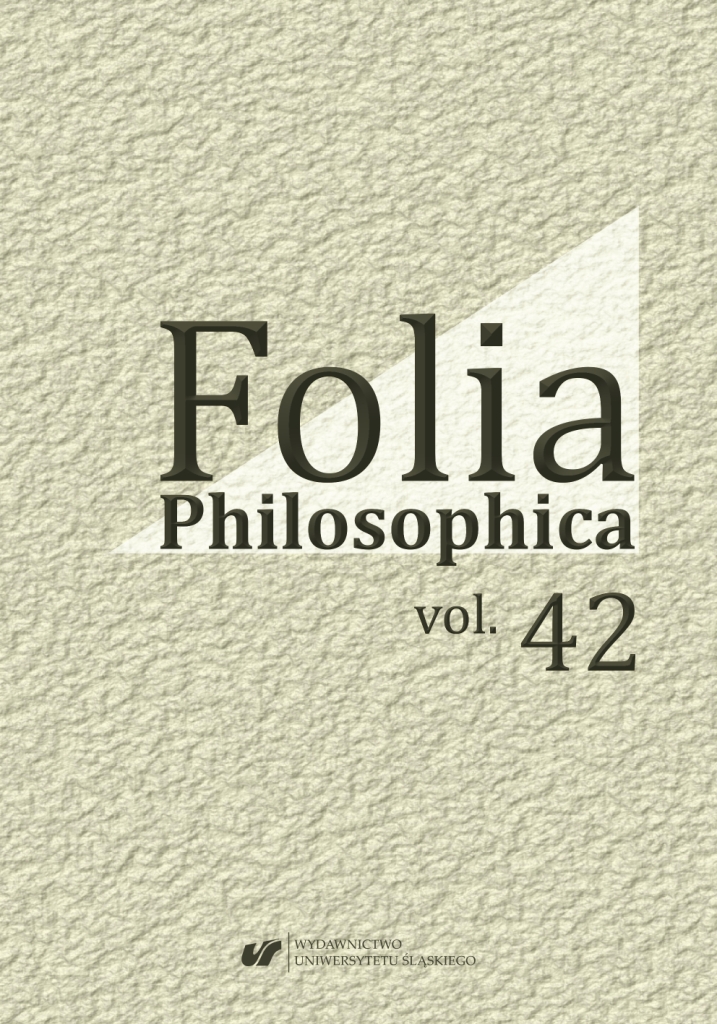Lies and Fabrications. The Cognitive Potential of Pseudos in Plato’s Republic
Lies and Fabrications. The Cognitive Potential of Pseudos in Plato’s Republic
Author(s): Dorota ZygmuntowiczSubject(s): Logic, Ancient Philosphy, Rhetoric
Published by: Wydawnictwo Uniwersytetu Śląskiego
Keywords: Plato's Politeia; Thrasymach's thesis; "noble lie"; ideological falsehood;
Summary/Abstract: In this article, I pose the question of what the role of the pseudos theme is in the entire argument of the Republic, which is motivated by a challenge from Thrasymachus, who defined justice as “the advantage of the stronger/ruler.” How can the “beautiful polis” (Kallipolis), based on a “noble falshood” addressed to its rulers in particular, be a good counterargument to the realist Thrasymachus? I show that Plato, wanting to prove that Thrasymachus’s thesis is too narrow and only seemingly realistic description of political reality, explicitly uses the same tool that implicitly lies at the root of the worldview expressed in the rhetorician’s thesis: ideological falsehood. He opposes the ugly ideology (the advantage of the stronger) with a “noble falsehood” (the dogma of love), since falsehood as such is an indispensable structural element of the polis itself, resulting from the weakness of the faculty of reason proper to the human condition. The pseudos theme has a dual function in the Republic: heuristic and structural. First, Plato exposes the implicit ideological falsehood underlying Thrasymachus’s realistic thesis using a falsehood that he [Plato] himself has explicitly proposed. Second, he presents falsehood as a component of the political, which compensates for human ignorance and exploits human susceptibility to normative and cultural implementations.
Journal: Folia Philosophica
- Issue Year: 2019
- Issue No: 42
- Page Range: 47-90
- Page Count: 44
- Language: English

